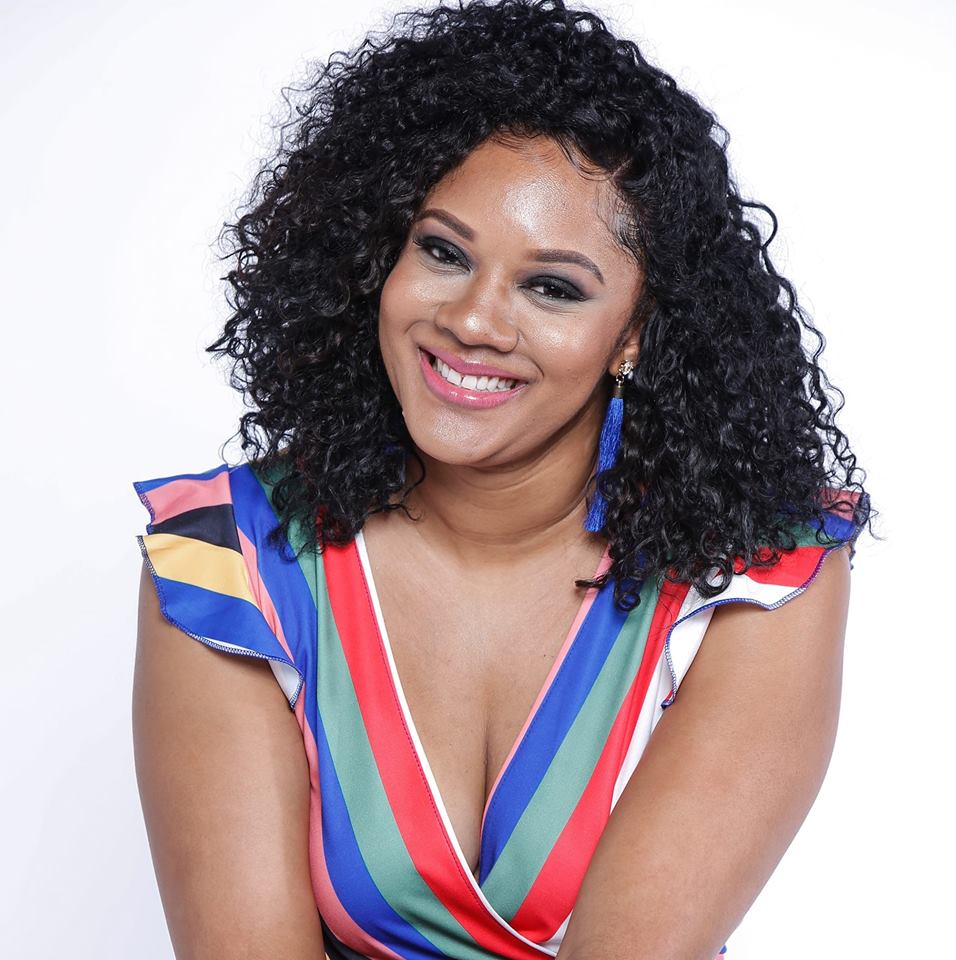
Source: Rowan Jordan / Getty
There’s a reason that the saying “Friends are the family you choose” exists, and it’s that many people wouldn’t choose their actual family members, given the choice. If we could all magically start with a blank canvas and decide who our relatives were, I’d bet good money on the idea that everyone’s family tree would suddenly look completely transformed. Because friends are the family you get to choose, and that’s where most people become selective. When it’s time to decide who gets to be close to you, who you spend a lot of time with, who you share your victories and sorrows with, you want to be precious about it. You need to protect your energy, your mind, and your emotions. There are some people who make you feel at risk every time they’re around – at risk for a mental breakdown or emotional upset. And when you choose your friends, you leave out anyone who makes you feel that way. But you can’t pick your family.
Since you can’t, but for many, many reasons you need to have a relationship with them, that can mean managing relationships with people who aren’t always 100 percent good for you. There are some times when setting up boundaries is simple enough (though it’s never exactly easy), but then there are some really tricky scenarios when setting up boundaries feels rough for all parties. We went over what some of those are with licensed marriage and family therapist and author of Hard Work or Harmony Kiaundra Jackson (pictured below).

Source: NA / na
Living with family with mental illness
Having a family member who struggles with a mental illness or personality disorder can be particularly trying because their condition inherently makes it hard for them to see things from another’s perspective. Jackson says, “Oftentimes if you are a caregiver or even if you just have someone in your family who struggles with mental health issues, they become the center of attention. Other issues often get pushed to the side. It depends on how severe the mental health challenge is. For example, if they’re harming themselves or other people and need to be placed in a facility versus it’s just someone who struggles with depression and things of that nature.”


